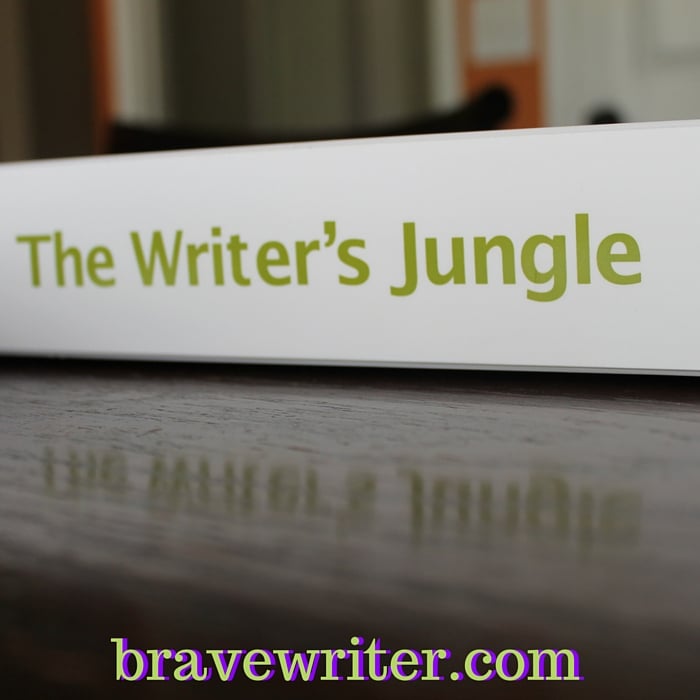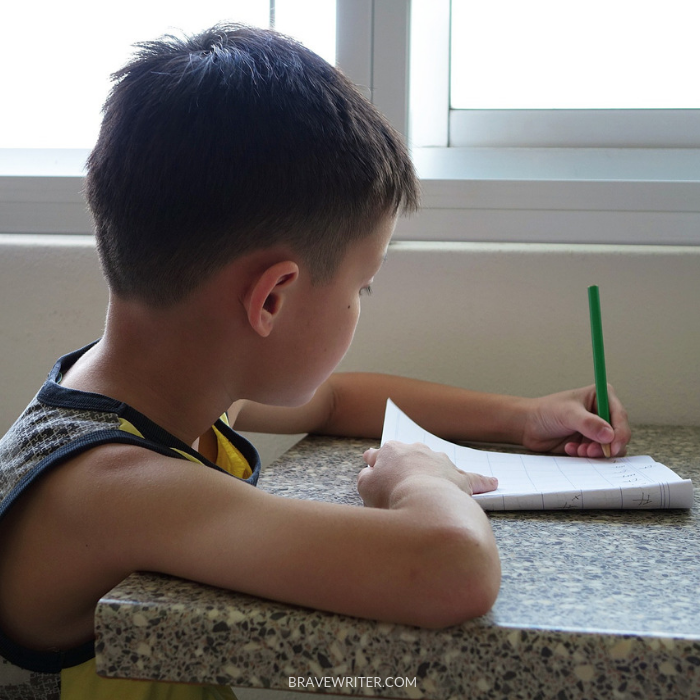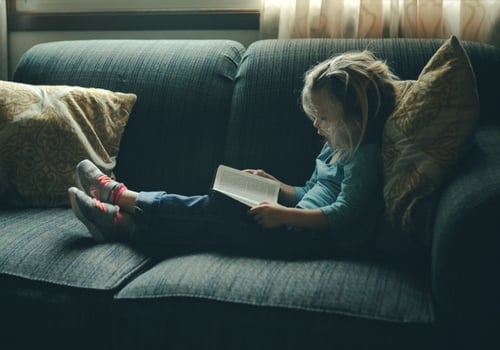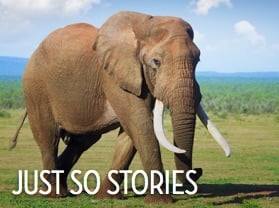
The Writer’s Jungle is designed to teach
the homeschooling parent how to teach writing.
The Writer’s Jungle is the foundation to all things Brave Writer. It’s designed to help you activate your child’s writing voice and to nurture a tear-free relationship between writer and coach (you, the parent). The new preface includes discussion of how the whole Brave Writer Lifestyle works from classes to subscriptions to email lists and public forums. I included a teaching on the most powerful literary element of all (which is a surprise), two revision techniques that I usually reserve for online courses and two of our most popular writing exercises: Jabberwocky and Scrounged Poetry.
The Writer’s Jungle is a one-time purchase that will sustain your family’s language arts and writing program for the entirety of your homeschool career. It covers kindergarten through 12th grade giving you the philosophy and tools to make writing a natural, nurtured experience for your children.
When I first wrote The Writer’s Jungle, I worried that I would not have the close contact with mothers that I felt necessary to help them really change their thinking. Thanks to the blog, email and my public forums, I’m able to make myself available on a daily basis to answer your questions and to help you implement the Brave Writer philosophy. Please take advantage of this offer! I know of no other curricula that gives you access to its creator every day. When you purchase The Writer’s Jungle, you make it possible for me to give my time to the Brave Writer blog and forums that supply ongoing support for your writing and language arts needs. Let me help you.
Here’s what several Brave Writer moms have said about The Writer’s Jungle:
From Joanne:
I cannot begin to tell you what a God-send your book has been for me in helping me teach my 10 yr old. When I read your book, I catch myself laughing because I love how you think, and if I had to write a book on writing, I’d want to do it just like you have done. Sometimes it’s scary how you seem to have gotten in my head!
Thank you for teaching me how to narrow a subject, how to not give stupid advice, how to make the experience rewarding and not about spelling and grammar. I could go on and on. This was the first writing assignment I have done after reading your book, and to me, I couldn’t be happier.
From Jane:
I would like to take this opportunity of telling you that I think The Writer’s Jungle is one of the best items of curriculum that I have ever bought. I regularly read your blog also and find it very inspiring. You have revolutionised the teaching of writing in the homeschool community and given my own homeschool a new lease of life. I only wish “Brave Writer” had been around when my ds (18) was younger.
From Alana:
The biggest change in our homeschool is in my expectations. It is still amazing to me how easy it was to zoom in and focus on all the mistakes and the bad points of their writing, thereby missing all the quirky, funny thoughts they have that are so full of life.
The change in my daughter was and continues to be tremendous. She has always had a hard time expressing herself; words just do not come easy for her. You can imagine the fear when it came time to express herself on paper. She froze and agonized and I, being the compassionate and tender mother that I am, said, “Oh, stop being so dramatic!”
After reading The Writer’s Jungle, we began freewriting once a week; no pressure, no criticizing. We wrote about silly things and laughed. I praised everything good I could find. What a difference it made. Suddenly I had a confident girl who does have something to say, loves to say it with a quirky sense of humor, and doesn’t fear a blank piece of paper. She chooses to write and I love to listen. We are on a journey and this is only the first year. I am wholeheartedly looking forward to the rest of the trip. Thanks Julie, I hope to be with you for many more years to come.
The Writer’s Jungle is the one-time writing program purchase that covers kindergarten through 12th grade.
Our online class, The Writer’s Jungle Online, covers the first 9 chapters of The Writer’s Jungle. It is a supported environment for completing those exercises and experiencing models of quality feedback (the type and content) from an instructor.




















